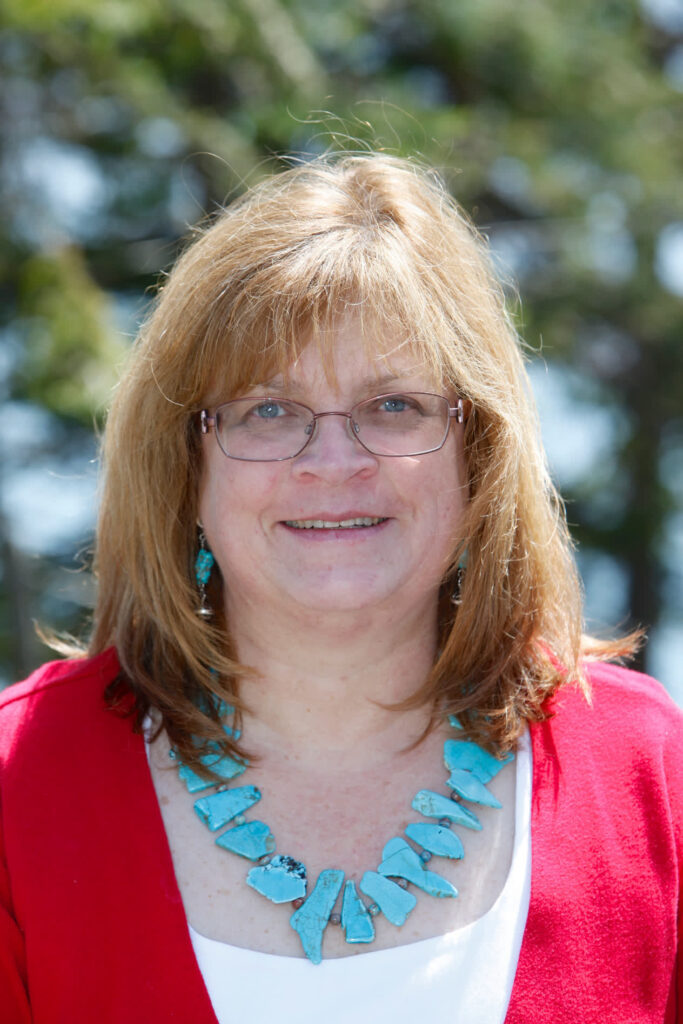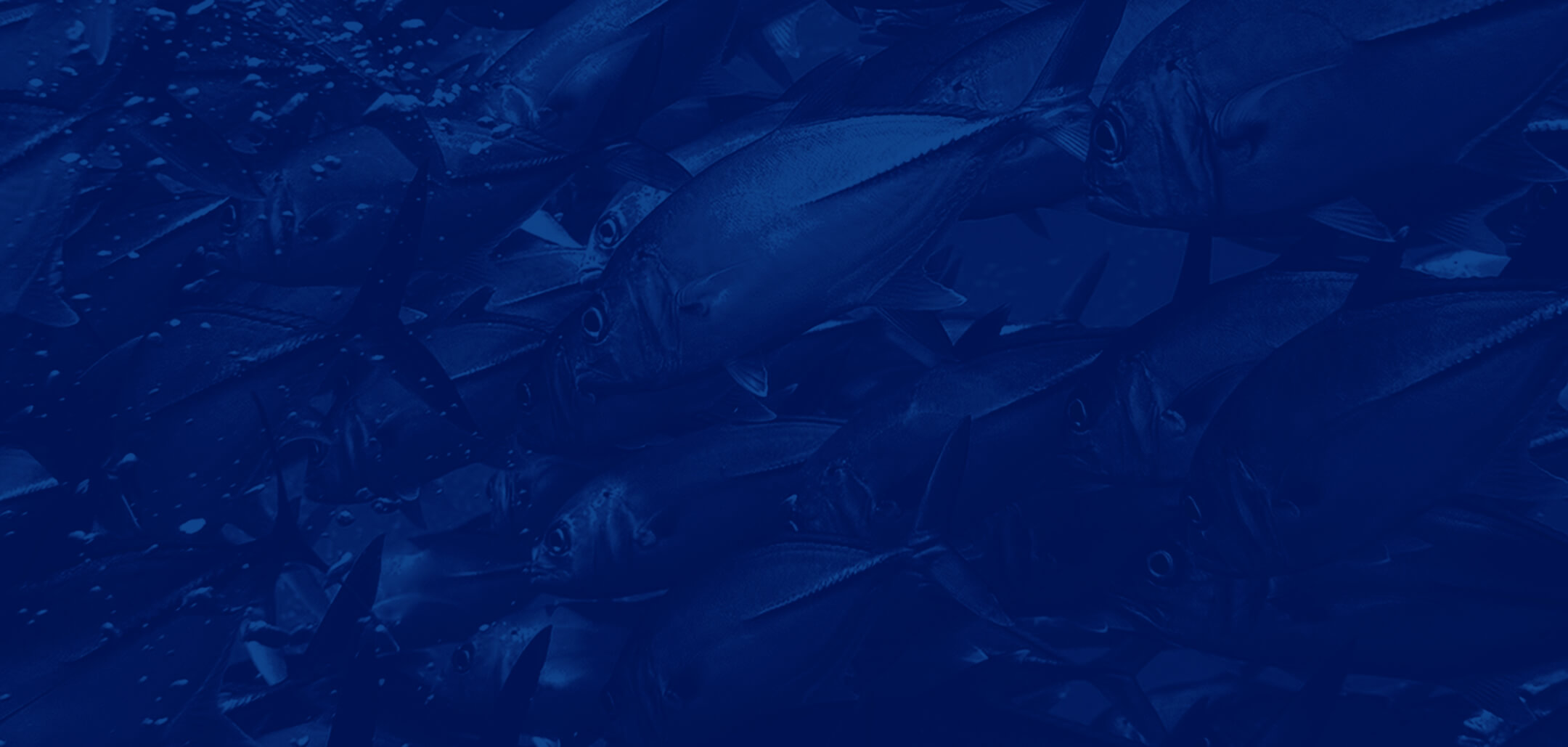Contact:
Biography:
Cynthia Heil is a Senior Scientist and Director of Mote Marine Laboratory’s Red Tide Institute where her research focuses on the monitoring and mitigation of Florida red tide and the ecology and management of marine and freshwater harmful algal blooms (HABs), nutrients and water quality. She previously was a Senior Scientist at Bigelow Laboratory for Ocean Sciences in East Boothbay, Maine from 2003 to 2010 and served as the state Red Tide Group Leader at the Fish and Wildlife Research Institute, Florida Fish & Wildlife Conservation Commission in St. Petersburg, Florida from 2003 to 2010, where she managed a staff of 25 people responsible for monitoring red tides in Florida. She has had more than 25 years experience with the science and management of marine and freshwater HAB species and water quality in the U.S. and internationally and has worked in diverse subtropical, tropical and temperate coastal environments, from coral reefs to salt marshes and rocky coasts. She has over 75 peer reviewed publications.
Education:
Heil holds a Bachelor of Science (B.S.) degree from Purdue University in Cell Biology, a Master of Science (M.S.) degree in Red Tide from the College of Marine Science, University of South Florida and a PhD in Oceanography from the Graduate School of Oceanography at the University of Rhode Island. She conducted post-doctorate studies in marine botany, coral reefs and water quality as an Australian Research Council (ARC) Fellow at the University of Queensland in Brisbane, Australia and on Florida red tide at the University of South Florida prior to joining the Fish and Wildlife Research Institute


